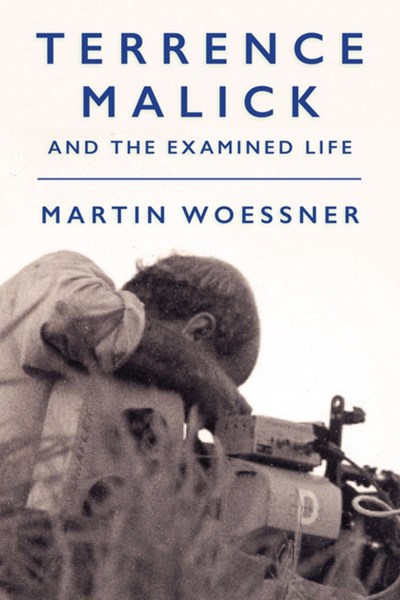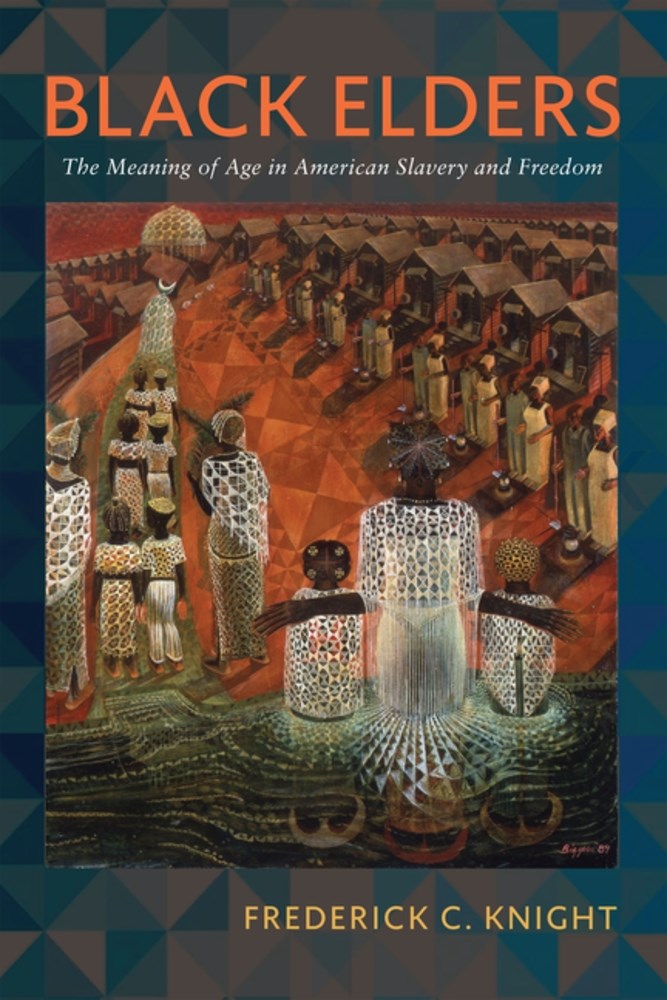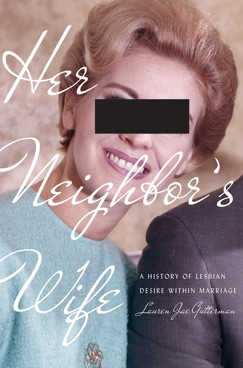Univ. of Pennsylvania
9 Articles
Last 30 days
Last 6 months
Last 12 months
Last 24 months
Specific Dates
From:
To:
America Under the Hammer: Auctions and the Emergence of Market Values
 Well written and full of refreshing details, this economic picture of the early United States is a must for readers.
Well written and full of refreshing details, this economic picture of the early United States is a must for readers.
Terrence Malick and the Examined Life
 An exceptional and intriguing look at the career of Terrence Malick, an American filmmaking marvel.
An exceptional and intriguing look at the career of Terrence Malick, an American filmmaking marvel.
PREMIUM
Black Elders: The Meaning of Age in American Slavery and Freedom
A readily accessible read for all interested in the chronic, painful, physical, and mental battles that marked the daily lives of enslaved and emancipated Black people approaching the end of life, reckoning with their prospects, and reflecting on their mortality. This book centers elders, their roles, and day-to-day class and gender relations and demonstrates how Black communities cared for each other as they tried to maintain material and moral intergenerational bonds during and immediately after the era of enslavement.
PREMIUM
Hospital City, Health Care Nation: Race, Capital, and the Costs of American Health Care
Will likely appeal to graduate students, professionals, and think tanks interested in all aspects of the health care system.
PREMIUM
The Silver Women: How Black Women’s Labor Made the Panama Canal
Flores-Villalobos beautifully tells the story of these women and brings this important history to life using a vast array of archival sources. A recommended purchase for academic libraries.
This Is My Jail: Local Politics and the Rise of Mass Incarceration
 This is an essential read for anyone interested in the U.S. carceral state, the failed philosophies and practices of even well-intentioned reforms, and the causes and effects of segregation, discrimination, and exclusion that link homes, schools, police, judges, and juries in the violence of racial repression that is the United States’ criminal injustice system.
This is an essential read for anyone interested in the U.S. carceral state, the failed philosophies and practices of even well-intentioned reforms, and the causes and effects of segregation, discrimination, and exclusion that link homes, schools, police, judges, and juries in the violence of racial repression that is the United States’ criminal injustice system.
I’ve Been Here All the While: Black Freedom on Native Land
Roberts’s original book will cause historians to reexamine generalities about Indigenous and Black people in Oklahoma and their empowerment and identity; and to extend the story of Reconstruction and its aftermath westward in time and space
Major Decisions: College, Career, and the Case for the Humanities
 The authors clearly demonstrate the value of the humanities in this well-researched and convincing work. Anyone interested in higher education, particularly those advising students or considering a major in the humanities will find an encouraging message.
The authors clearly demonstrate the value of the humanities in this well-researched and convincing work. Anyone interested in higher education, particularly those advising students or considering a major in the humanities will find an encouraging message.
Her Neighbor’s Wife: A History of Lesbian Desire Within Marriage
 With close reading and deep analysis, Gutterman weaves a thoughtful cultural history that insists on the sexual and relationship agency of midcentury wives and demonstrates that outwardly heterosexual marriages have, at times, indeed contained queer possibilities.
With close reading and deep analysis, Gutterman weaves a thoughtful cultural history that insists on the sexual and relationship agency of midcentury wives and demonstrates that outwardly heterosexual marriages have, at times, indeed contained queer possibilities.
ALREADY A SUBSCRIBER? LOG IN
We are currently offering this content for free. Sign up now to activate your personal profile, where you can save articles for future viewing










